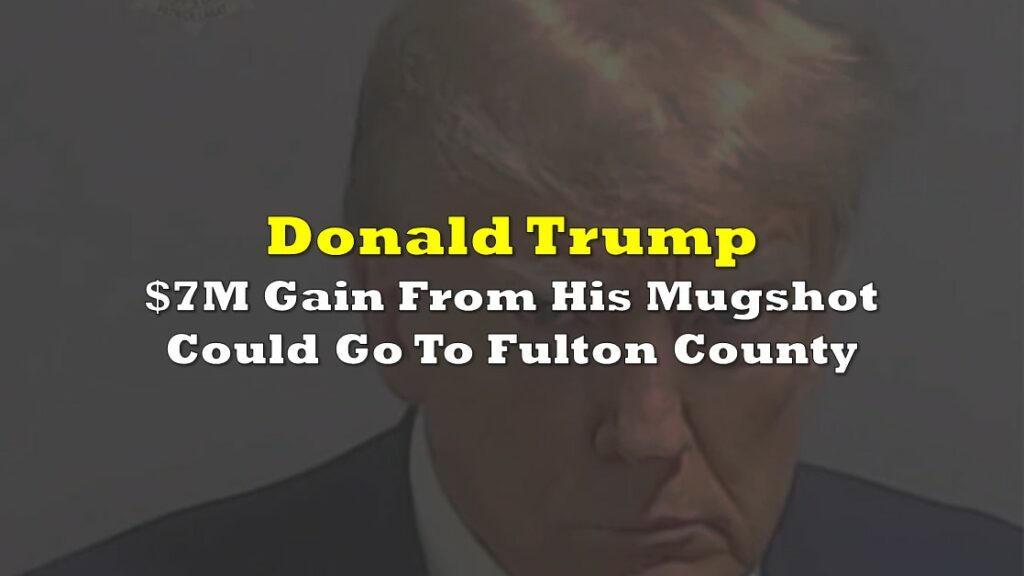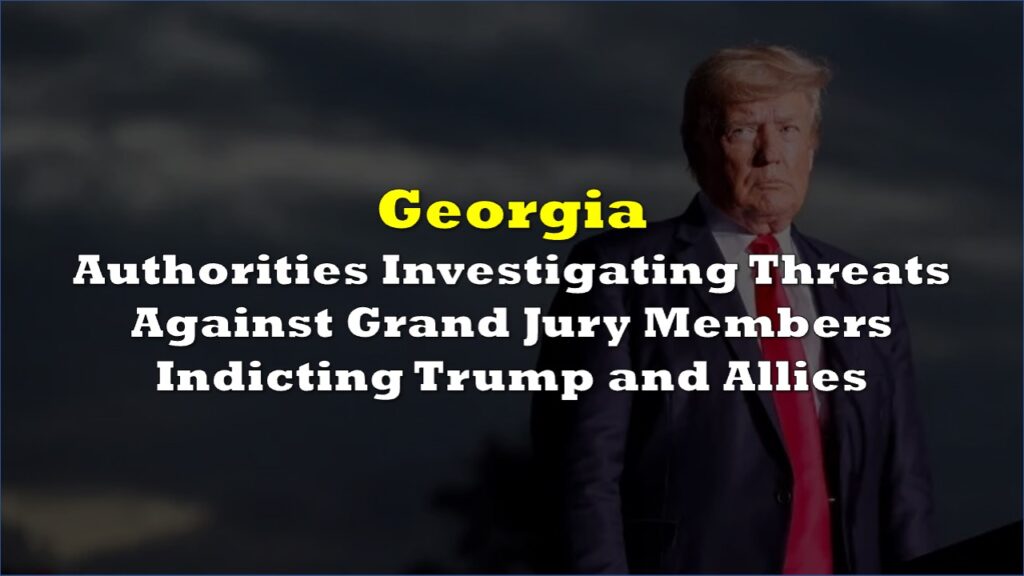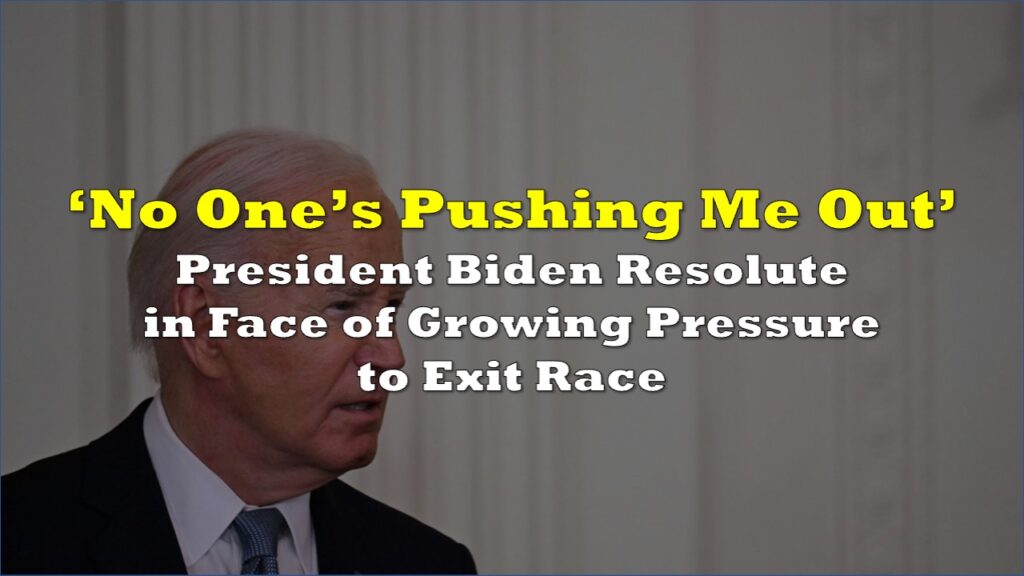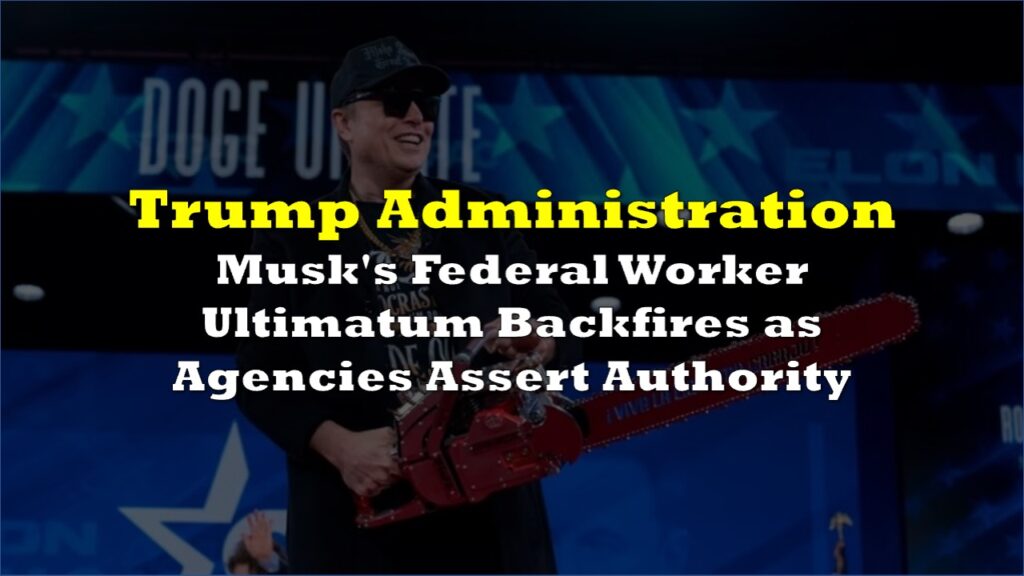U.S. President-elect Donald Trump is reportedly preparing to invoke emergency powers to accelerate domestic oil and gas production. The anticipated declaration of a “national energy emergency” is expected to come within hours of Trump being sworn into office on Monday, according to multiple sources, including Bloomberg and Axios reports.
The looming executive actions are a direct challenge to President Joe Biden’s climate-focused agenda. During his term, Biden sought to reduce fossil fuel reliance by slowing new oil and gas leasing, encouraging renewables, and instituting stricter limits on vehicle emissions. Trump, by contrast, plans to pivot sharply in the opposite direction by lifting constraints on the fossil fuel industry and targeting the rollback of regulations he considers burdensome.
People familiar with the plans say Trump’s orders will kick off lengthy regulatory processes that extend beyond his first day in office. Yet the symbolism of an emergency declaration underscores his intention to direct government agencies to prioritize energy production—an approach he argues is vital for economic growth.
A key aspect of Trump’s initial flurry of executive orders involves greenlighting new oil and gas development on federal lands. This includes lifting a moratorium on certain leases and revisiting Biden’s decision to withdraw millions of acres of U.S. waters from eligibility for drilling.
While Biden’s withdrawal faced its own legal challenges, Trump’s reversal is equally likely to spark courtroom battles and questions about executive authority.
Trump’s team has also signaled they will quickly move to rescind or weaken incentives for electric vehicles, known as the “EV mandate” in the administration’s parlance, and relax power plant emissions rules. An incoming White House energy adviser told Axios that these steps are aimed at “creating conditions that facilitate investment, that facilitate job creation, that facilitate the production of America’s natural resources, and the result will be lower prices for the American people.”
On the campaign trail, Trump repeatedly promised an emergency declaration to boost energy output. One rationale for the move, he says, is the growing electricity demand driven by the rapid uptake of artificial intelligence.
“We’re going to be using our emergency powers to allow countries and entrepreneurs and people with a lot of money build big plants, AI plants,” Trump remarked on Sunday. “We need double the energy that we already have, and it’s going to end up being more than that.”
According to advisors cited by Bloomberg, one of Trump’s first emergency orders will specifically address the electricity grid. It aims to streamline regulatory approvals for new power plants and reinforce transmission infrastructure in anticipation of surging load growth from AI data centers.
“We’re in an AI race with the People’s Republic of China and other nations,” the incoming energy adviser told Axios. “It’s fundamental that we’re able to produce the necessary electricity here in the United States so that we can win that race and protect our nation.”
Although Trump intends to invoke emergency authorities that grant broad presidential powers—potentially unlocking up to 150 special powers ordinarily reserved for catastrophes and national security threats—legal experts caution that his success is far from guaranteed. Mark Nevitt, an associate professor at Emory University School of Law, notes that while the president likely has “broad authority” to declare an energy emergency, courts could still curb any attempts to stretch the bounds of that authority too far.
During Trump’s previous term, a plan to utilize special emergency powers to keep unprofitable coal and nuclear plants operational under the Federal Power Act collapsed amid legal and political headwinds. A similar test lies ahead for any sweeping moves that rely on emergency statutes, including the Cold War–era Defense Production Act. Although Biden used the act to encourage U.S. manufacturing of renewable technologies, critics say applying it to oil, gas, and other fossil fuel expansions is less straightforward and might face court challenges.
Trump’s advisors emphasize that energy is not only a domestic economic issue but also a cornerstone of U.S. foreign policy. “National security is a key issue here,” an adviser told Axios, adding, “Reducing American energy production curtails our ability to exercise our foreign policies.” By expanding the nation’s energy dominance, the Trump team aims to reassert U.S. influence abroad—particularly by facilitating more liquefied natural gas exports, a sector that had faced tighter restrictions under Biden.
Yet sweeping changes to international energy trade are bound to provoke responses from allied nations, some of which have adopted more stringent climate targets. Should Trump follow through with measures that expand fossil fuel exports, questions about global commitments to cutting greenhouse gases will likely intensify.
Information for this story was found via the Axios, Bloomberg, and the sources mentioned within the article. The author has no securities or affiliations related to the organizations discussed. Not a recommendation to buy or sell. Always do additional research and consult a professional before purchasing a security. The author holds no licenses.









